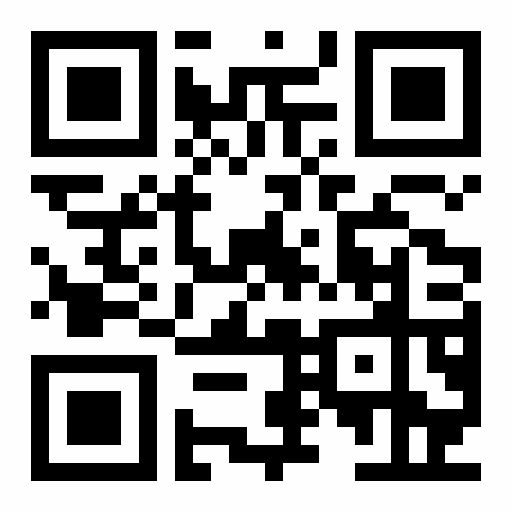




In the last few years, there has been exponential growth in the field of herbal medicine in both developing and developed countries because of their natural base without side effects. A comprehensive review was conducted to collect data about how to combine medicinal plants with nanotechnology for the treatment of diabetes mellitus instead of hormonal treatments. Diabetes mellitus (DM) is a metabolic disorder, currently associated with morbidity, mortality and many long term complications in diabetic patients. Hyperglycemia is due to the insulin resistance or insufficient secretion of insulin. In India, the percentage of diabetes mellitus cases is rapidly increasing and at present, more than 40 million people have been affected i.e. it accounts for almost 20% of the total diabetic population worldwide. Treatment of the DM patients was achieved by the use of oral hypoglycemic/antihypoglycemic agents and insulin. However, all these treatments have limited efficacy and have been reported with side effects. In order to overcome this problem, the researchers have been shifted to the use of other alternative medicines. Folkal or traditional medicines and extracts from different parts of medicinal plants have been extensively used as alternative medicines to control and manage diabetes mellitus. Nanotechnology can be defined as the science and engineering involved in the synthesis, design, characterization, monitoring, repairing, construction and control of the human biological system at the molecular level. Nanomedicine is the integration of nanotechnology in medicine for better human health care. Nanomaterials have unique physicochemical properties, such as high surface to mass ratio, ultra-small size, and high reactivity. These properties can be used to overcome the limitations of traditional DM treatments and diagnosis.